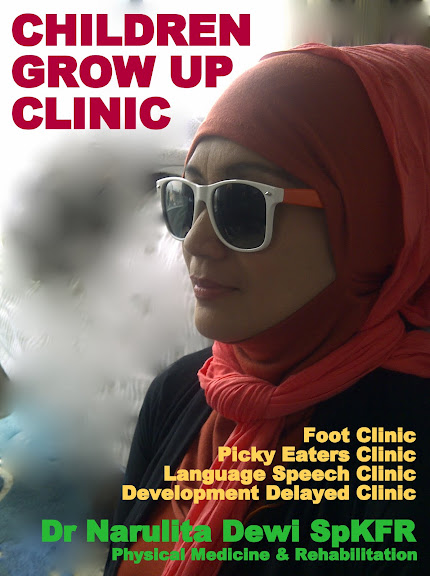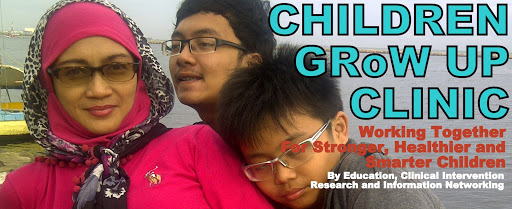Lindström K, Lindblad F, Hjern A .
Psychiatric morbidity in adolescents and young adults born preterm: a Swedish national cohort study.
Pediatrics 2009; 123:e47–53.
ABSTRACT
OBJECTIVE. Increasing numbers of infants born preterm survive into adulthood. Previous studies have reported increased levels of neurologic and cognitive disabilities in these children. In this study, we analyzed the effect of having been born preterm on psychiatric morbidity.
METHODS. A Swedish national cohort of 545628 individuals born in 1973–1979 was followed up in the national registers during 1987–2002. Multivariate Cox analysis of proportional hazards was used to estimate the hazard ratios of hospital admissions for psychiatric disorders and alcohol/illicit drug abuse.
RESULTS. There was a stepwise increase in psychiatric hospital admissions with an increasing degree of preterm birth. A total of 5.2% of children born at 24 to 28 weeks’ gestation and 3.5% born at 29 to 32 weeks’ gestation had been hospitalized because of a psychiatric disorder. The hazard ratios for psychiatric disorders were 1.68 in the group of very preterm children (gestational weeks 24–32), 1.21 in the moderately preterm group (gestational weeks 33–36), and 1.08 in the early term group (gestational weeks 37–38) after adjustment for socioeconomic confounders. Moderately preterm and early term birth accounted for 85% of the risk attributed to preterm/early term birth. The effect of preterm birth was greater in households with low socioeconomic status.
CONCLUSION. Preterm birth carries some risk for psychiatric disorders requiring hospitalization in adolescence and young adulthood (ages 8–29 years). Even if this risk increases with degree of preterm birth, most subjects are moderately preterm, a group in need of more attention in research and secondary prevention.
Key Words: preterm prematurity psychiatric disorder follow-up
Source : Department of Clinical Sciences and Education, Karolinska Institutet, Södersjukhuset, Sachs Children’s Hospital, Stockholm, Sweden, Department of Neuroscience, Child and Adolescent Psychiatry, University Hospital of Uppsala, Uppsala, Sweden
cStress Research Institute, Stockholm University, Stockholm, Sweden, Centre for Epidemiology, National Board of Health and Welfare, Stockholm, Sweden and Centre for Health Equity Studies, Karolinska Institutet, Stockholm, Sweden
supported by
CHILDREN GRoW UP CLINIC Yudhasmara Foundation Inspirasi Orangtua, Tumbuhkan Anak Semakin Sehat, Kuat dan Cerdas
 CHILDREN GRoW UP CLINIC I Jl Taman Bendungan Asahan 5 Bendungan Hilir Jakarta Pusat 10210, phone (021) 5703646 – 44466102
CHILDREN GRoW UP CLINIC I Jl Taman Bendungan Asahan 5 Bendungan Hilir Jakarta Pusat 10210, phone (021) 5703646 – 44466102- CHILDREN GRoW UP CLINIC II MENTENG SQUARE Jl Matraman 30 Jakarta Pusat 10430, phone (021) 44466103
- email :
- http://childrengrowup.wordpress.com
WORKING TOGETHER SUPPORT FOR STRONGER, SMARTER AND HEALTHIER CHILDREN BY EDUCATION, CLINICAL INTERVENTION, RESEARCH AND INFORMATION NETWORKING. Advancing of the future pediatric and future parenting to optimalized physical, mental and social health and well being for fetal, newborn, infant, children, adolescents and young adult
LAYANAN KLINIK KHUSUS “CHILDREN GRoW UP CLINIC”
PROFESIONAL MEDIS “CHILDREN GRoW UP CLINIC”
|
Clinical – Editor in Chief :
 Dr WIDODO JUDARWANTO SpA, pediatrician
Dr WIDODO JUDARWANTO SpA, pediatrician
- email :
- curriculum vitae
- For Daily Newsletter join with this Twitter https://twitter.com/WidoJudarwanto
Information on this web site is provided for informational purposes only and is not a substitute for professional medical advice. You should not use the information on this web site for diagnosing or treating a medical or health condition. You should carefully read all product packaging. If you have or suspect you have a medical problem, promptly contact your professional healthcare provider

Copyright © 2012, CHILDREN GRoW UP CLINIC Information Education Network. All rights reserved











